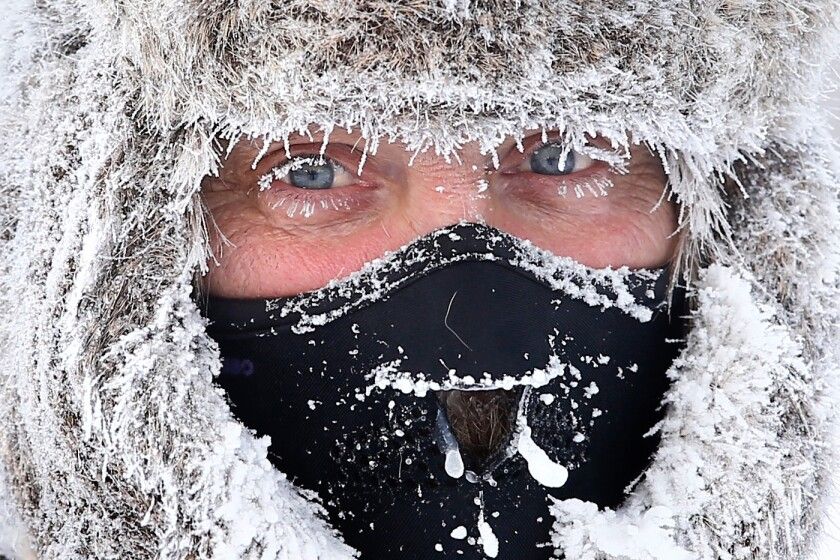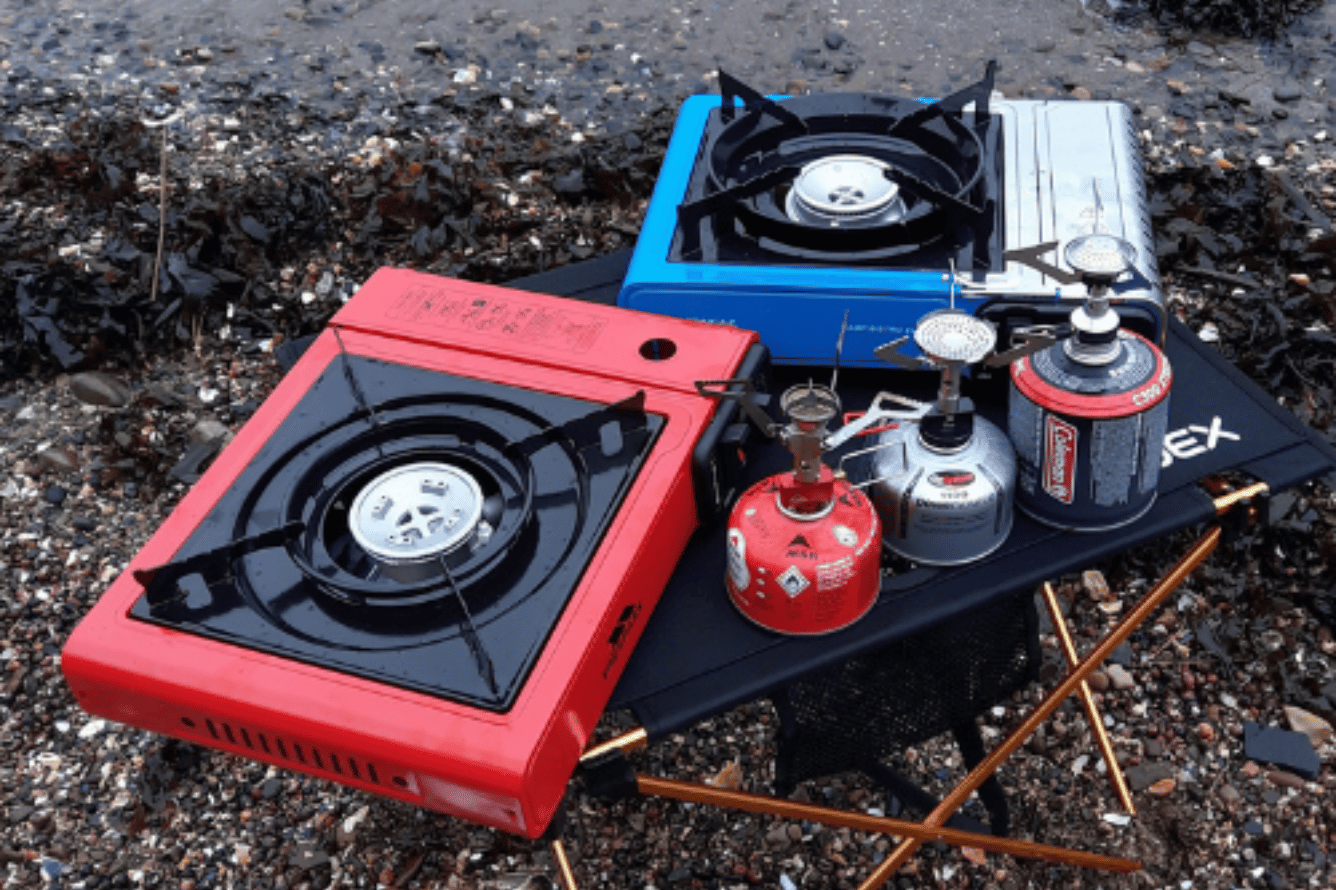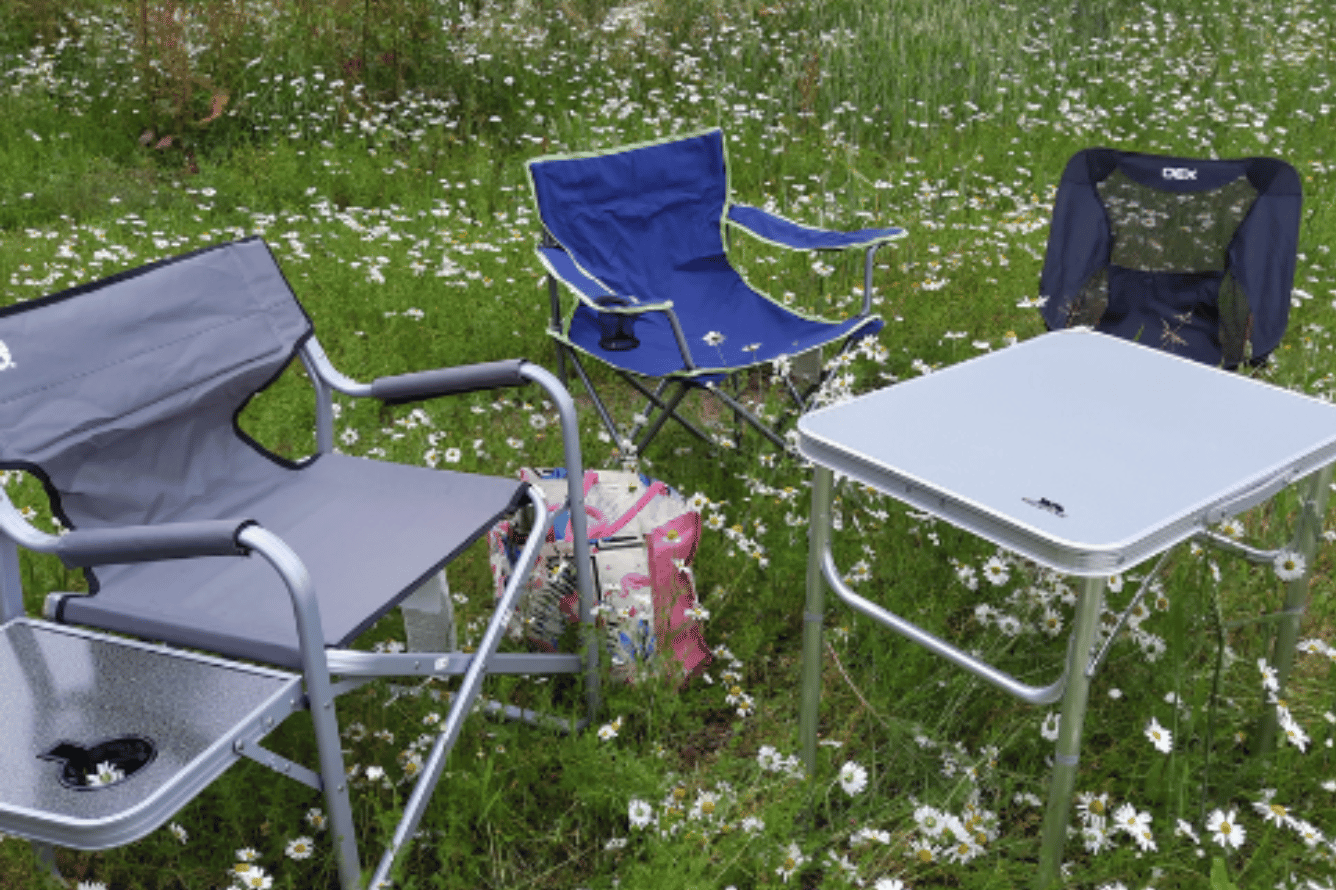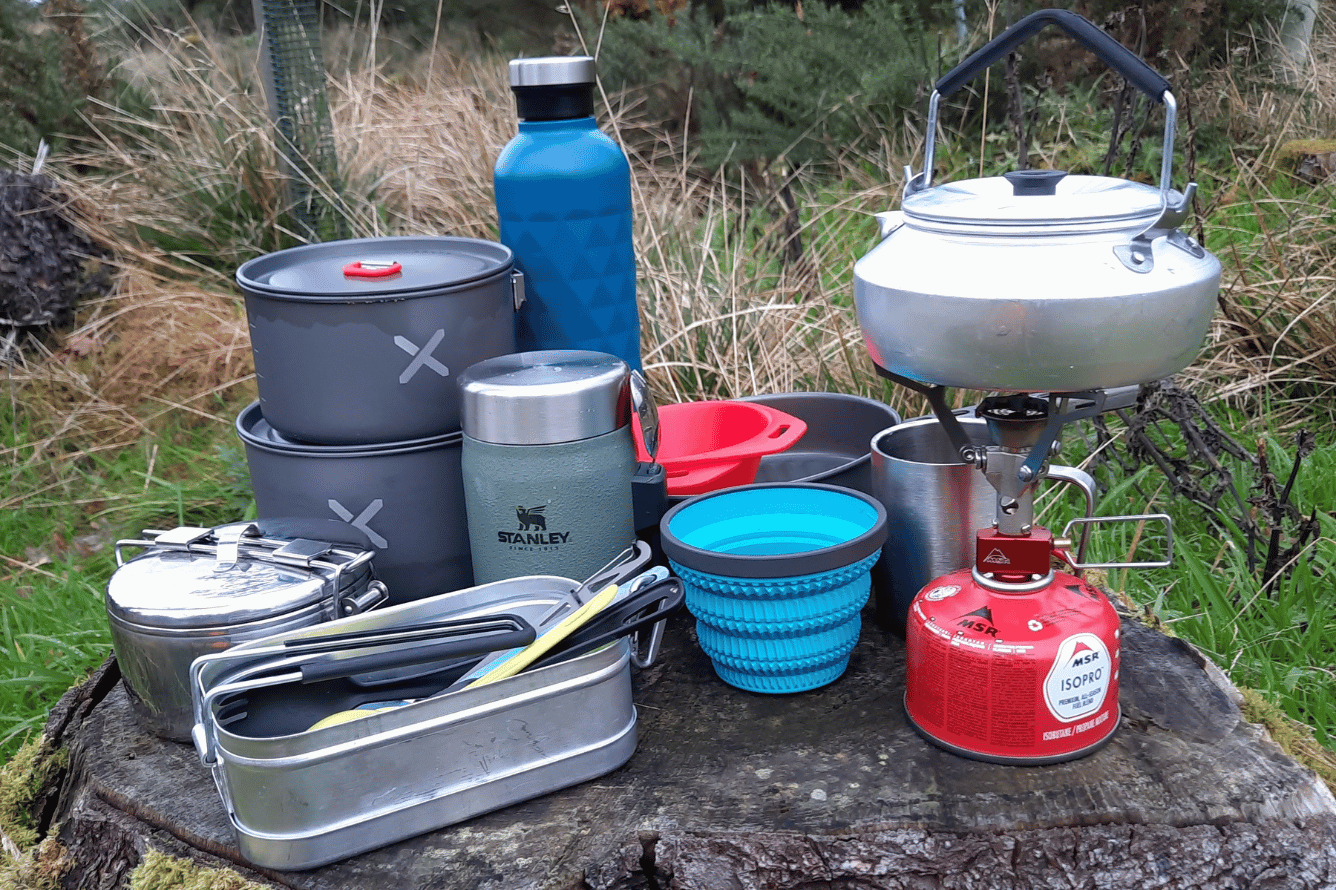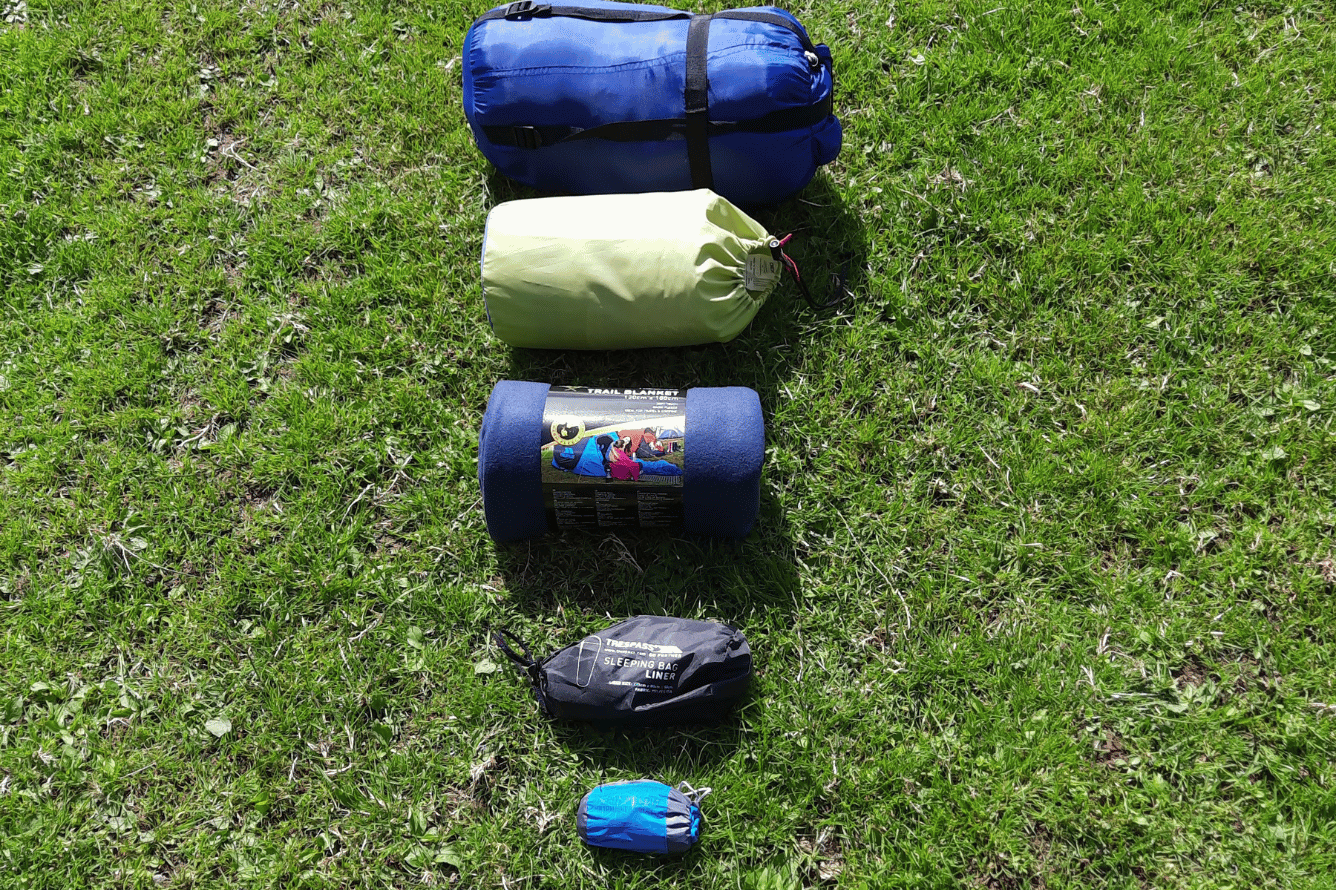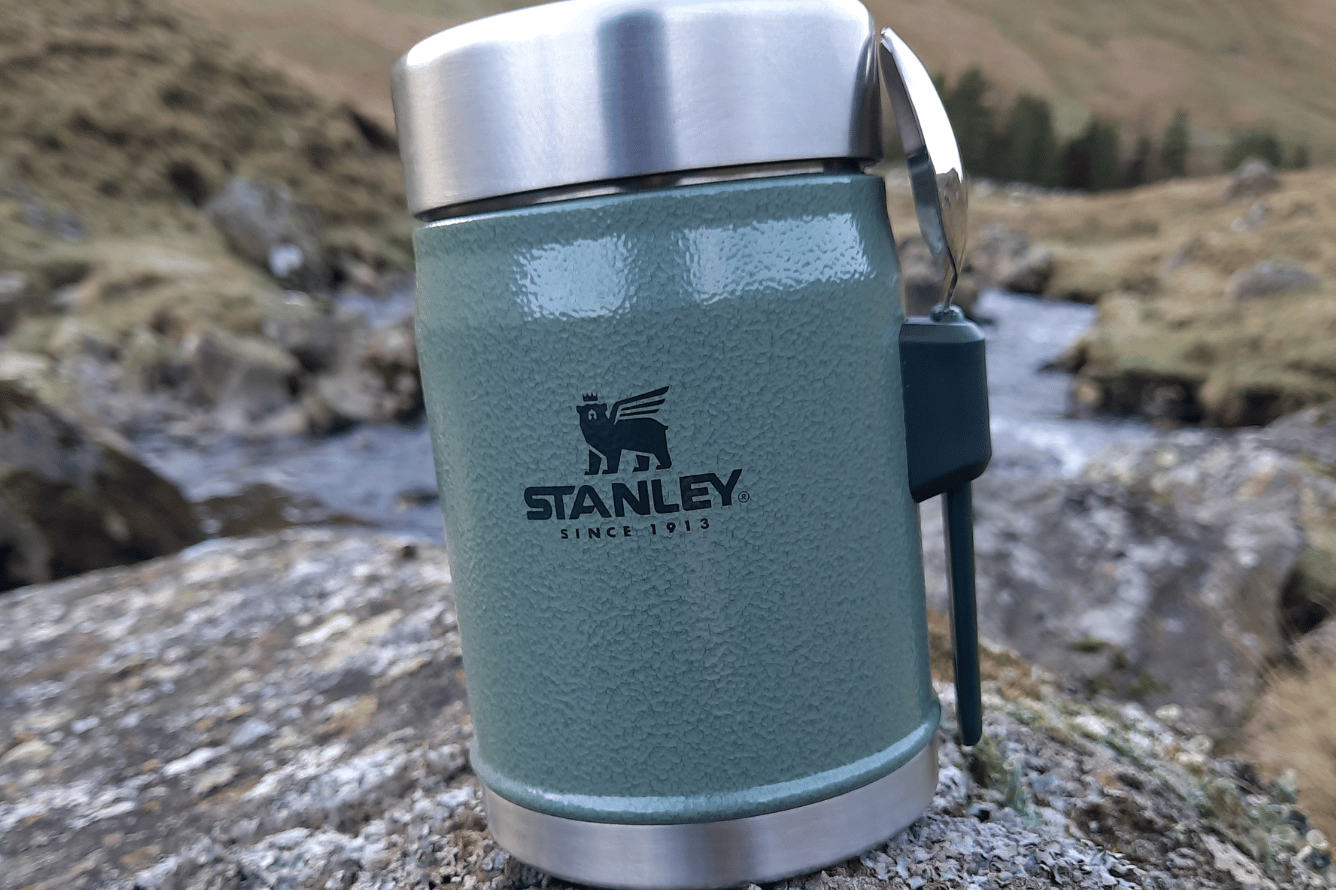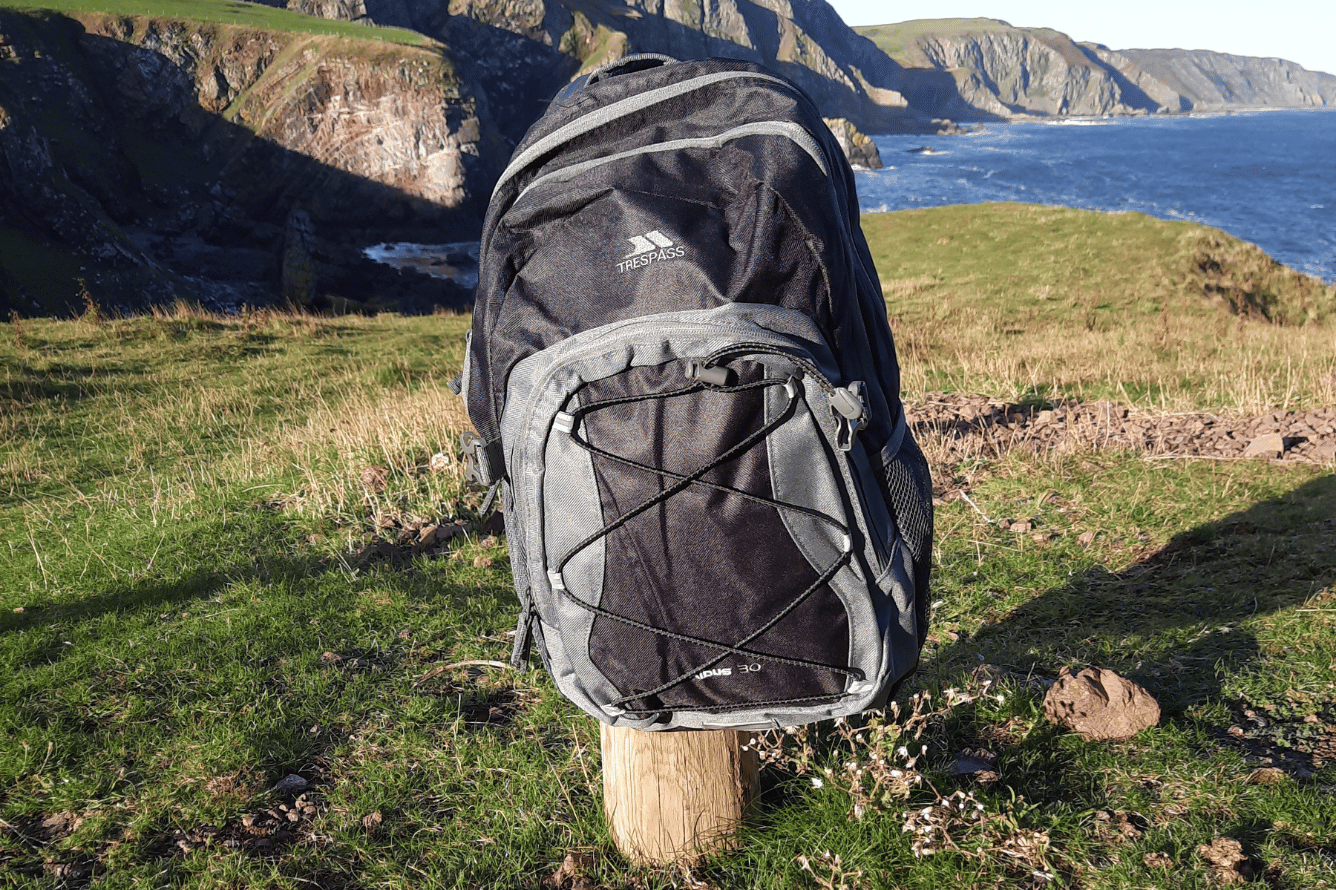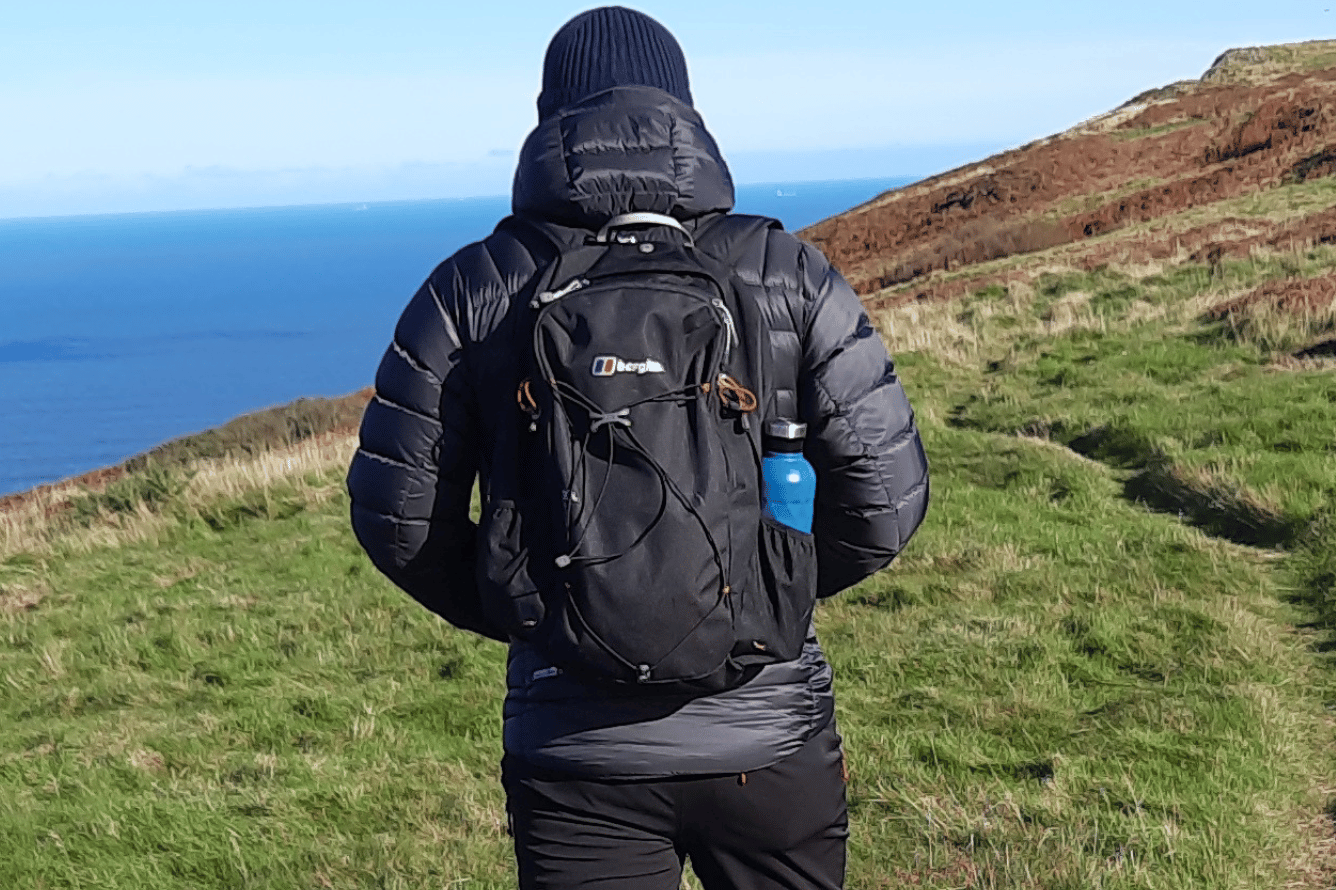What is hypothermia?
Make no mistake, hypothermia is a serious medical condition that can creep up on you unawares so being able to spot the tell-tale signs can be the difference between life and death.
It is a common error to think that you can only become hypothermic in the depths of winter or in freezing cold temperatures. The reality is that a mountain hike with ill-equipped clothing where you are exposed to the rain and wind for prolonged periods can lead to hypothermia. Wet feet and wet clothes allow rapid heat loss, and over an extended period of time, this can lead to hypothermia.
How does cold exposure cause hypothermia?
Hypothermia most often strikes during prolonged exposure to very cold temperatures when your body begins losing heat faster than it’s able to produce it. The effects can be life-threatening, causing major organs to shut down as the body focuses its energy on preserving heat and protecting the brain which results in sleepy behaviour, slow pulse and lack of coordination.
What can cause hypothermia?
Hypothermia is often caused by either immersion in cold water or being exposed for lengthy periods to extremely cold temperatures.
Falling into a river, lake or the sea can see you lose body heat 25 times quicker than being exposed to the same air temperature. Getting out of the water and dry is imperative to preserve life.
Being exposed on a mountainside in driving rain and cold winds will quickly drop your body temperature and lengthy exposure in these circumstances will lead to the onset of hypothermia.
Hypothermia can affect the elderly and young babies quicker as they may have less stored energy to fight off the rapid loss of body heat and this can happen just as easily in domestic situations as being outdoors.
What are the signs of hypothermia?
Hypothermia is typically divided into 3 stages as the body is gradually weakened by prolonged exposure to cold temperatures and loses heat which it can't replace.
Recognising the symptoms and reacting appropriately can be the difference between life and death so don't dismiss being tired and confused as just a result of a full day on the mountain- give yourself a full body check and start taking actions to warm up by moving into a sheltered area away from the wind and getting dry and warm with a hot drink as soon as you can.
Stage 1:
- shivering
- Become drowsy
- Slurred speech
- Lack of coordination in doing simple tasks
- Weak pulse
Stage 2:
- no shivering
- cold skin, blue lips, pale skin
- increased sleepy behaviour
Stage 3:
- loss of consciousness
- paradoxical undressing where the person feels overheated and starts removing their clothing to cool down
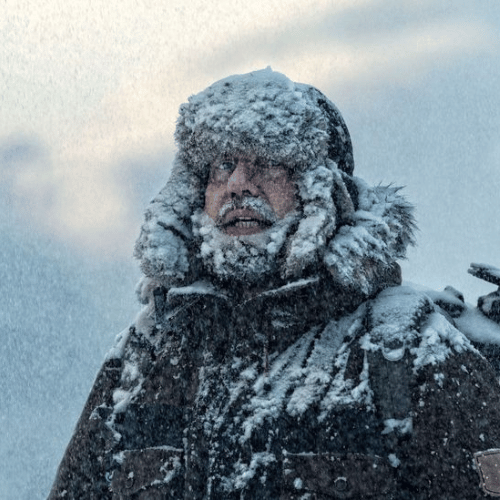
What can you do to combat hypothermia?
One of the most important things to do is to get out of wet or damp clothes as quickly as possible and change into dry clothes or wrap up in warm blankets. Don't have a bath or use hot water bottles to warm up as this may lead to burning your skin so use blankets and covers to regain some heat.
Make sure your head is covered to retain as much body heat as possible and that you are out the way of any drafts or cold air.
Have a warm drink and some sugary food if possible but not alcohol.
How to prepare properly:
Hypothermia can present itself in many different forms and in ways you least expect it so understanding the environment that you plan to camp, hike, climb or swim in is essential as this will determine what gear you bring with you to combat the various elements. Consider the time of year and what weather you are likely to encounter and prepare yourself appropriately.
If you are planning to camp in the backcountry and hit some of the mountain trails during autumn or winter, then having the right gear and enough dry gear will make the difference. Walking all day through wet, knee-high bracken or long grass on lower levels will quickly soak through your trousers, boots and socks. This can be exacerbated when you then move up in altitude and hit the higher slopes, where there is less undergrowth, but you are far more exposed to cold winds and driving rain.
Always make sure that you are well prepared so you have something dry and warm to change into when you break for camp.
Feel free to check out some of our articles on snow gloves, snow jackets and ski socks to give you a steer on what you need.

